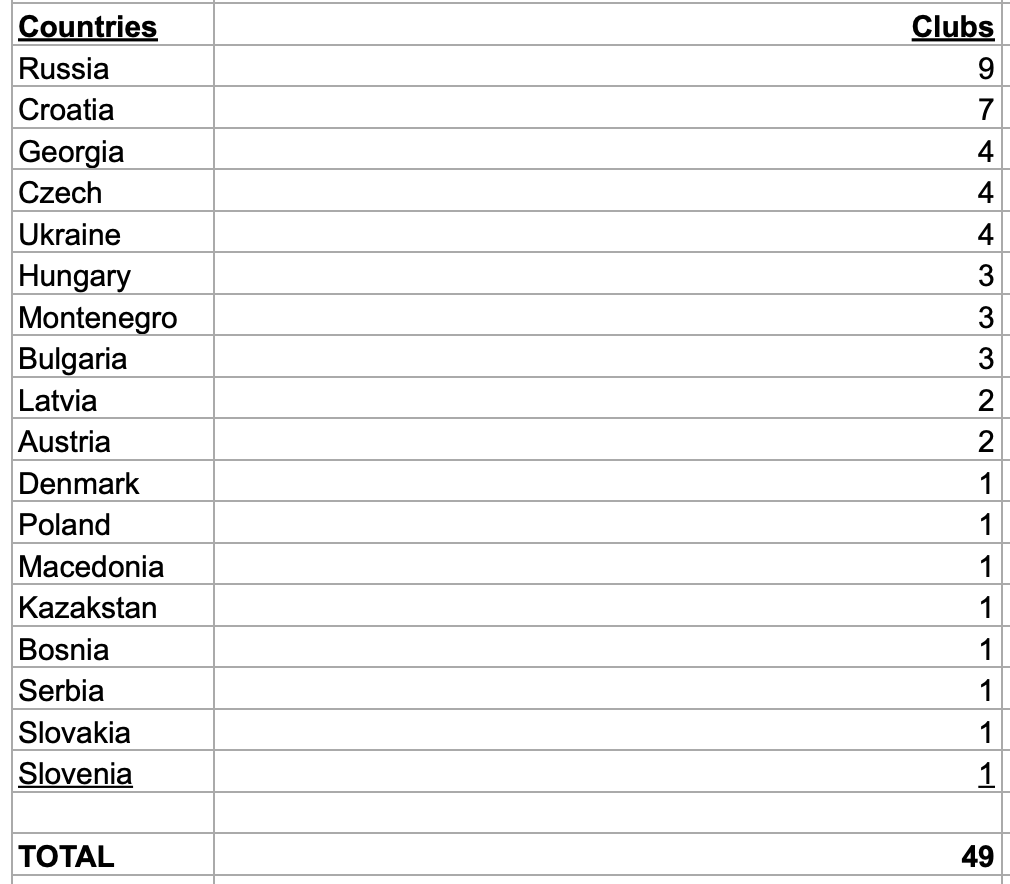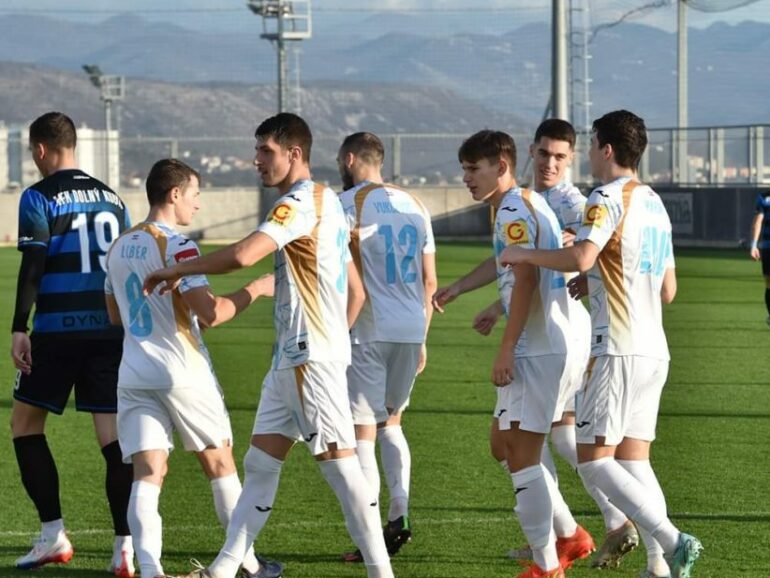There were signs of suspicious betting markets on 31 friendlies played by European clubs between December and the end of March this year. A total of 49 clubs from 18 different countries – mainly in Eastern Europe – were caught up in suspicious friendlies.
By Steve Menary
With the 2022/23 season reaching a climax in most European countries, clubs are turning their attention to preparing for the next league campaign and arranging pre-season friendlies but these games are increasingly vulnerable to match-fixing.

Suspicious betting such as large odds movements that do not correspond with action on the pitch are not proof a game is fixed but can indicate potential manipulation that warrants further investigation.
The country with the largest number of clubs identified in the research was Russia with nine different sides involved in half a dozen matches. These were mainly lower league sides, some of which have appeared in previous research on suspicious friendlies.
Russia is a footballing pariah after its invasion of Ukraine last year but data companies and betting operators are still looking to profit from selling data and offering bets on games from the country. In two of the games identified, Asian betting operators stopped accepting bets in the first half, which is a sure sign these companies were concerned over the veracity of the games.
Romano says: “Club friendly ...



